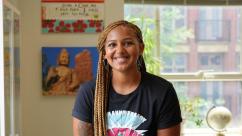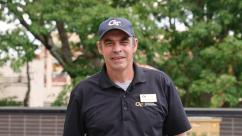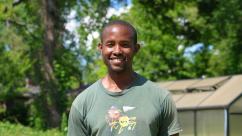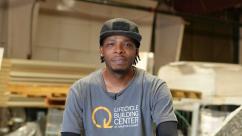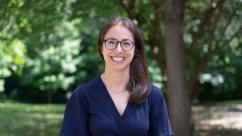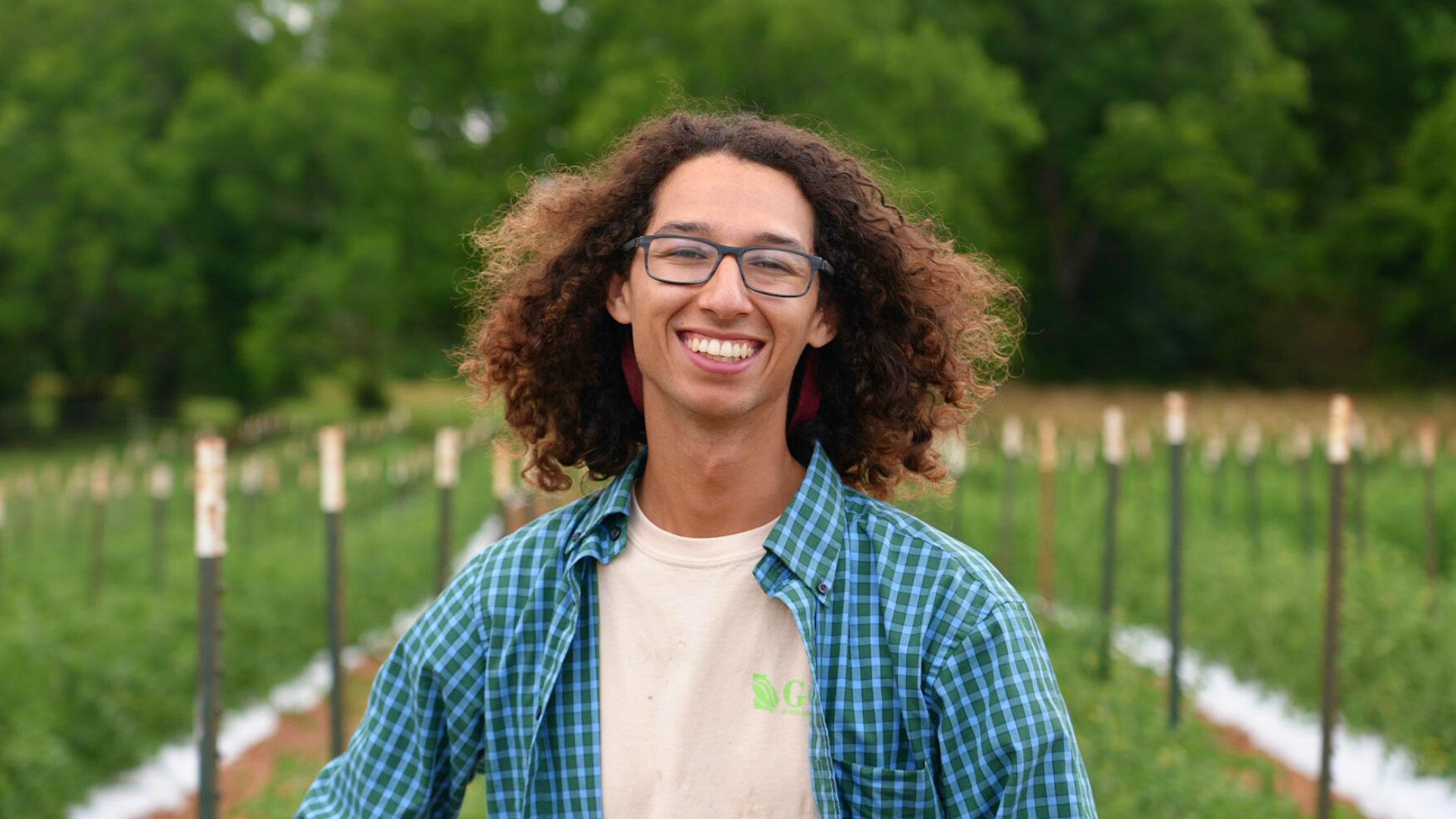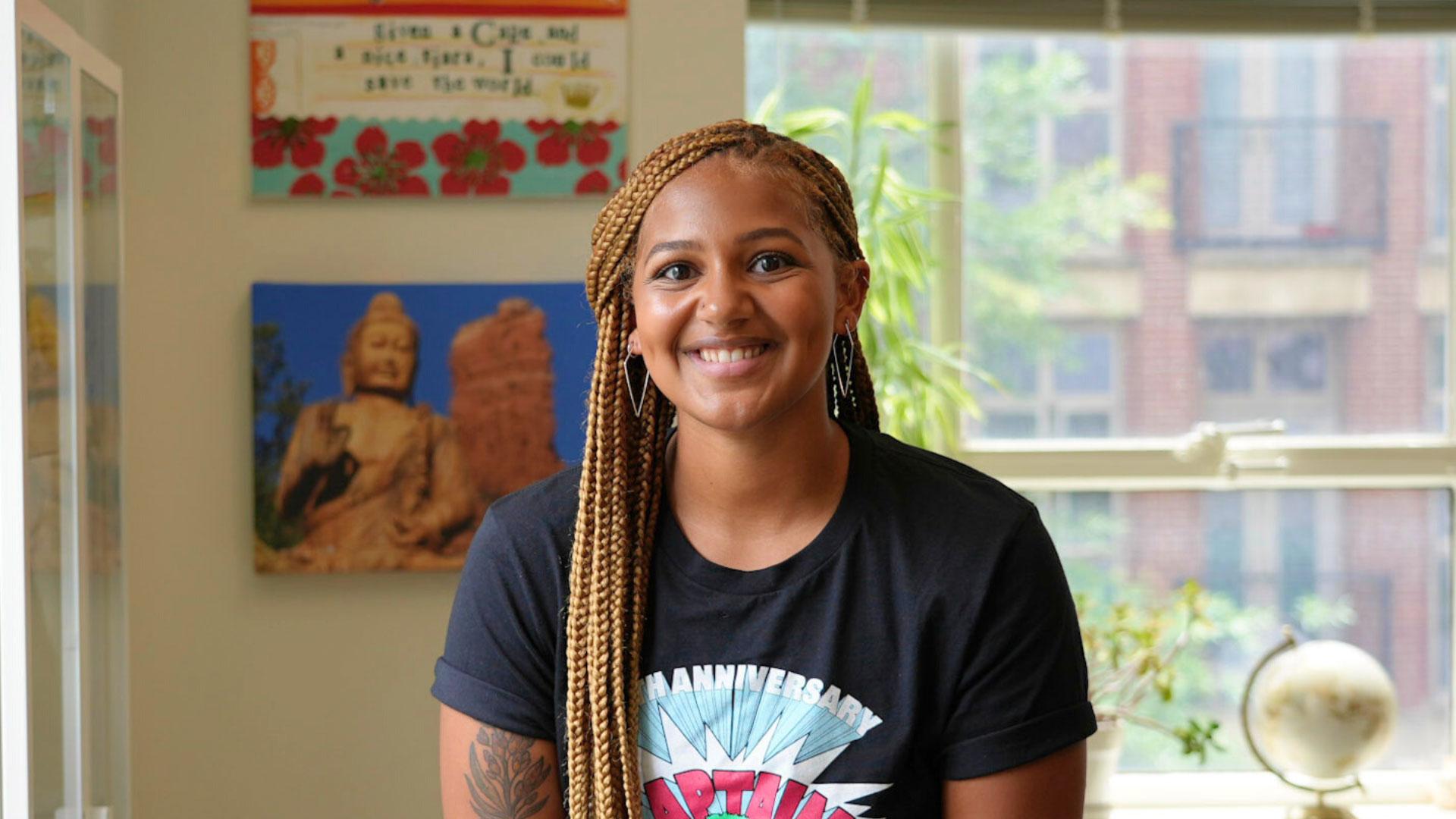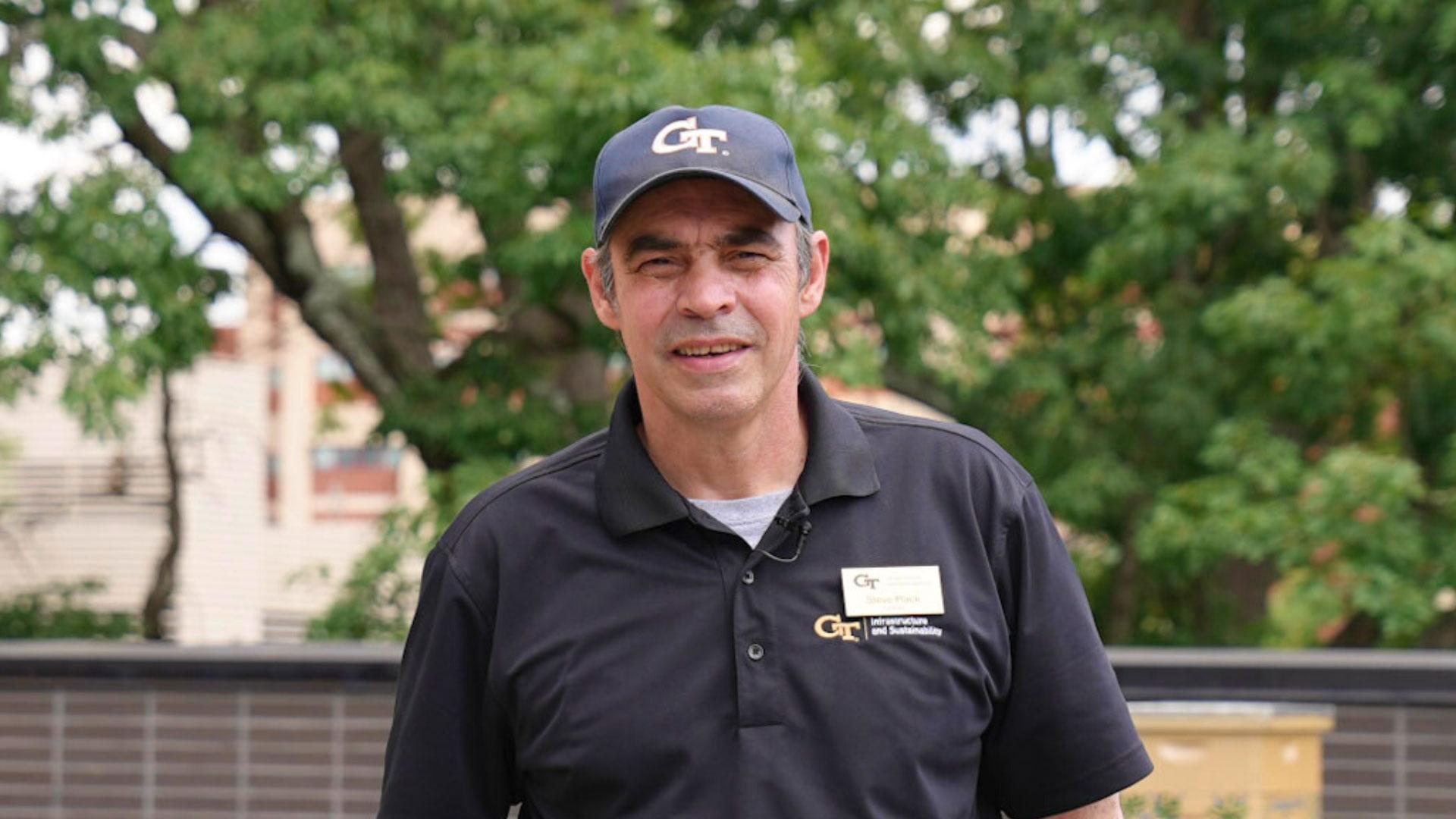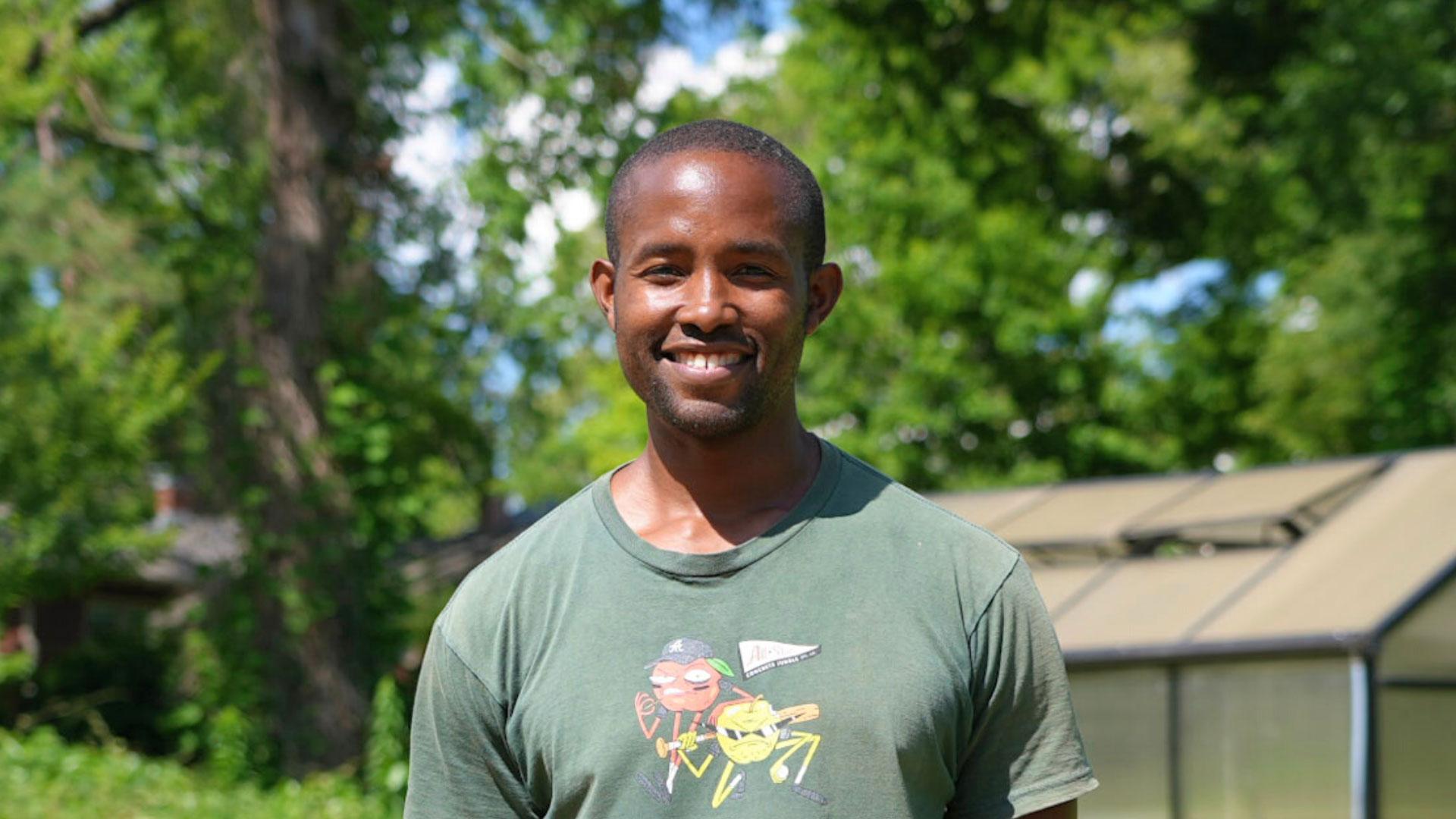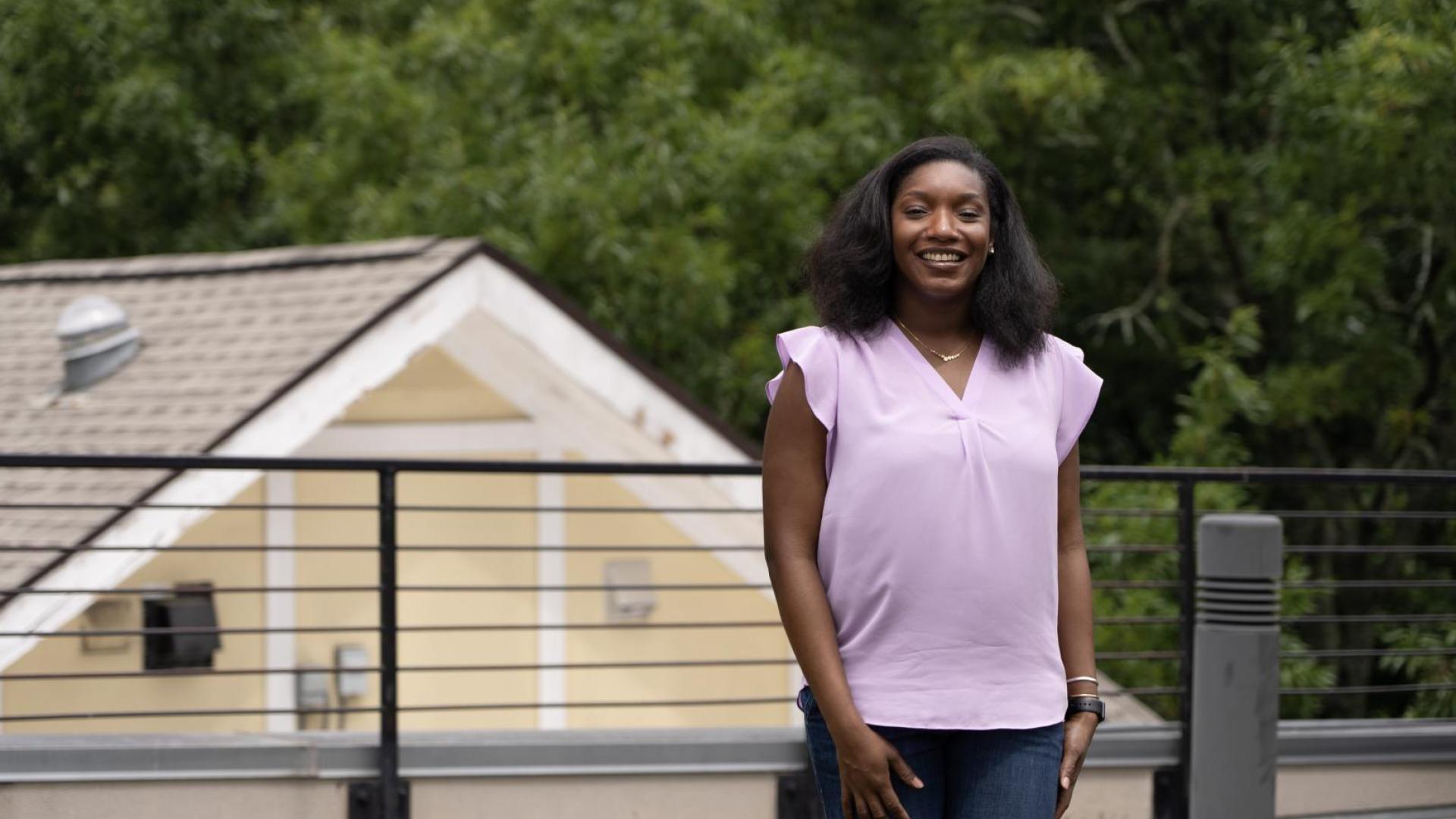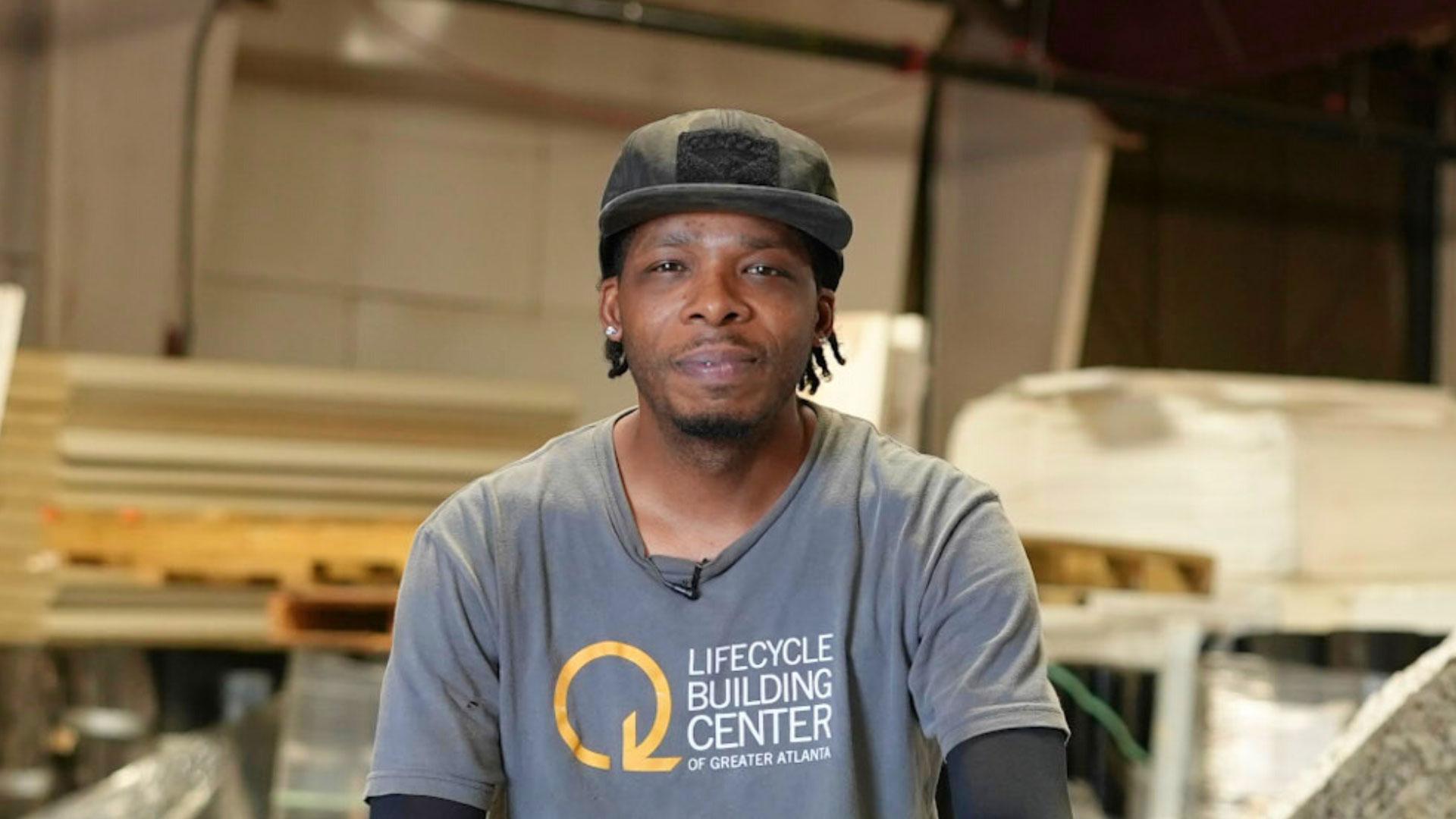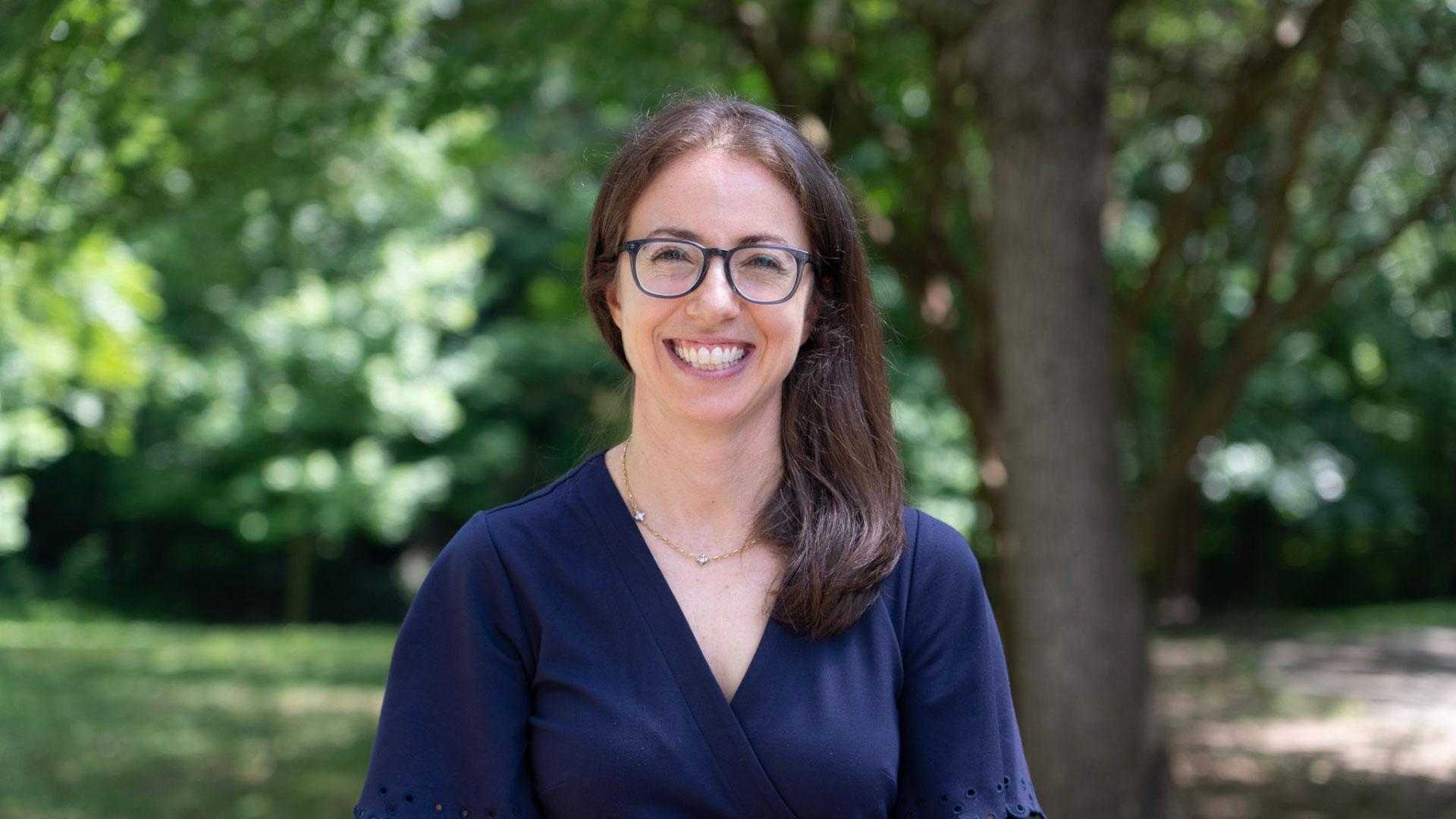Tonya Hicks: Growing a Sustainable Workforce
In this Episode
Tonya’s Story
The city of Atlanta is undergoing a renewable energy transformation, and every person must be able to see themselves as part of climate change solutions. As the President and CEO of Power Solutions and the founder of Women Do Everything, Tonya is changing the face of the workforce in Atlanta by helping women of color receive the support they need to generate wealth and increase diversity in industries that are powering the renewable energy transformation. Tonya is an electrician, an entrepreneur, and a Black woman and single mother; she understands what it is like to be underestimated and overlooked in trade and technical careers. These life experiences have helped form her determination to pursue her dreams and do it anyway. Her mission is to encourage women to join jobs in male-dominated industries such as construction, renewable energy, and other STEM-related careers (science, technology, engineering, and math).
Discussion Questions
One of the most important things you can do when it comes to climate change is talk about it.
- Growing up, Tonya would help her Uncle Melvin, an industrial mechanic, and these early experiences together greatly influenced the direction of her future career. When she was as young as five years old, Tonya would help her uncle repair and rebuild cars. She recalls having oil stains on her dresses and becoming familiar with tools, and this early exposure sparked an interest in pursuing a technical field later on in life. What personal interest are you passionate about, and can you think back to an experience or exposure where that passion was sparked?
- In college, a professor told Tonya that she could not be what she wanted to be—working at the Pentagon cracking codes—because women did not have those kinds of jobs, and suggested that instead, she should consider being a teacher. When Tonya told her grandmother about this experience, her grandmother said that is not true, insisting that women do everything but they don’t always get the credit. Has there been someone in your life who helped you believe in yourself despite an obstacle you faced? What was their message or advice, and how has it influenced you?
- Atlanta is undergoing a renewable energy transformation. Yet in the United States, we are facing a shortage of skilled labor that will power this transformation, and only 3% of women are electricians. Despite these statistics, Tonya became a journeyman electrician and today is a successful entrepreneur. Tonya describes that despite being consistently overlooked in her career, she never felt the luxury of having fear, saying, “I was always brave enough to go and hungry enough to stay.” Tonya shares, “I’ve always had to be ten times greater to be considered equal. Women are capable yet underutilized and often stay for two or three years in the industry and then leave.” This helped Tonya form Power Solutions Inc. to provide digital solutions to help companies gain control of their energy costs and help them be more profitable through greater energy efficiency and process efficiency. But she did not lose sight of her mission to help women, which she realized through starting her company, ‘Women Do Everything,’ to help people who look like her overcome barriers that she has experienced firsthand in the industry. Why is it important to see increased diverse representation in climate-related careers and in the emerging field of sustainability? What impact can the concept of ‘representation matters’ have in your life or community?
- Climate change is intersectional, meaning social justice issues are intertwined with the climate crisis. Solutions must also address multiple issues to realize a more just and sustainable future for all of us. Tonya explains that she is returning to the projects and community she comes from to help women get into the industry to make a living and create the generational wealth that many communities of color do not have. Through her trailblazing work as an entrepreneur, Tonya is spreading the message that investing in a more diverse workforce of sustainable professionals matters for closing the gaps in racial and economic inequities that persist today, because it will result in more climate justice for all of us. In what ways do you see the overlapping connections of social justice and climate change playing out in your community?
- Tonya’s advice for those exploring different career paths? “Do whatever you can to be self-aware. Not just knowing your strengths and weaknesses, but knowing what motivates you, what nurtures you. Show up where you want to be, volunteer, and get in the mix of it. You will find so many people who inspire you.” What motivates you to care about climate change? What specific ways or ideas do you have to show up to make a difference?
Learn More
Learn about the solutions in this story.
- Solution Sector: Electricity
- Solution Sector: Buildings
- For more on all of the Drawdown climate solutions, visit drawdown.org/solutions.
- Learn more about Tonya’s work: Power Solutions Inc., Women Do Everything, Sustainable Business
Explore Climate Solutions 101, the world's first major educational effort focused solely on climate solutions. This video series combines Project Drawdown’s trusted resources with the expertise of inspiring, scientifically knowledgeable voices from around the world: drawdown.org/climate-solutions-101.
Take Action
- Drawdown Ecochallenge, presented by Ecochallenge.org, is a fun and social way to take measurable action on the top solutions to global warming. Take the challenge, and see how a few weeks of action add up to a lifetime of change for you and the planet. If you want to take action on Buildings like Tonya, visit drawdown.ecochallenge.org/challenges/action-track-building-resilience.
- The Drawdown Labs Job Function Action Guides are practical and shareable resources that highlight specific, high-impact climate actions employees in common corporate professions can take at work.
- ChangeX connects people with proven ideas for strengthening communities with the resources needed to implement those changes. Explore countless ways to improve your community and help the world reach drawdown.
- Climate Generation's Green Careers for a Changing Climate Instructional Supplement (for Grades 6-8) contains resources to help young people learn about Green STEM Careers — careers that can help solve the impacts of climate change using STEM skills. Throughout this instructional supplement, students will be using the resource Drawdown to make important connections to solutions that these careers will implement.
- Solutions Journalism Network highlights the importance of reporting stories of climate solutions in the media to create a more equitable and sustainable world. Visit their Teaching Climate Solutions resource to find curated collections and the latest examples of climate solutions journalism.
- SubjectToClimate (StC) is a nonprofit online connector for K-12 leaders of all subjects to find materials on climate change at no cost. Explore StC’s educator-generated database to connect to Project Drawdown-based climate education resources.
Sign up to receive updates, provide ideas, and tell us how you might share Drawdown’s Neighborhood in your community.



